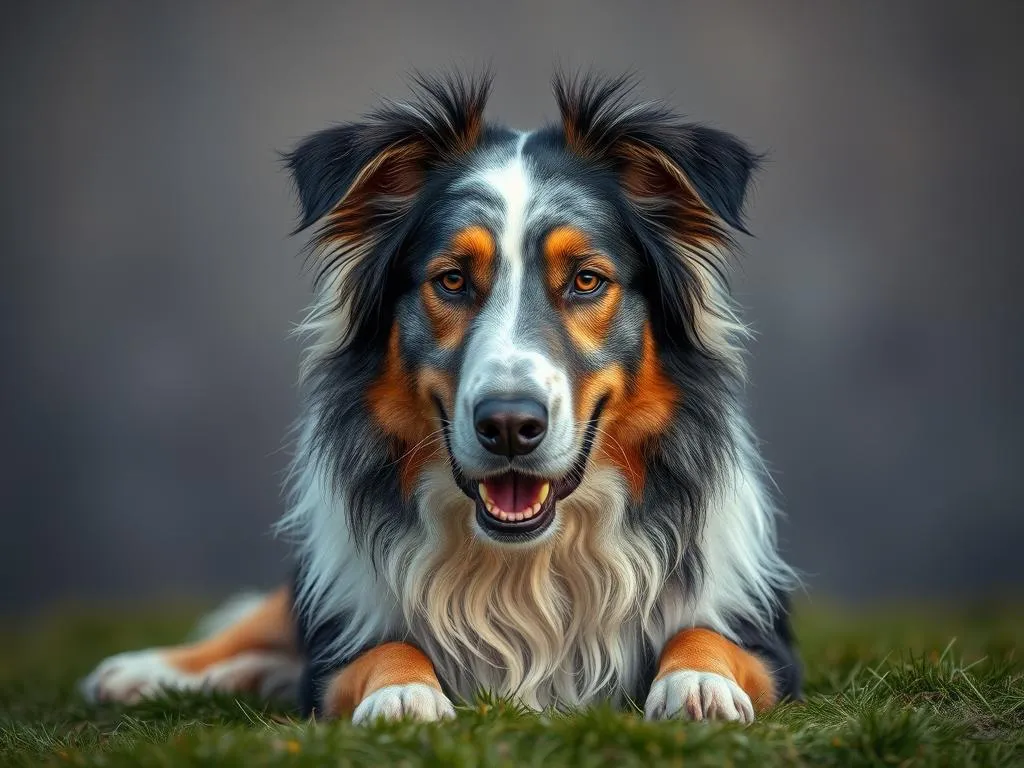
Understanding the diverse world of dog breeds is essential for anyone considering dog ownership. Each breed comes with its unique traits, history, and needs, which can significantly impact a potential owner’s experience. Among these, the Croatian Sheepdog stands out as a remarkable breed with deep roots in Croatian culture and a rich history as a herding dog. This article will explore the intricacies of the Croatian Sheepdog, including its origin, physical characteristics, temperament, health considerations, training needs, and lifestyle requirements.
Understanding Dog Breeds
Definition of a Dog Breed
A dog breed is defined by a specific set of physical and behavioral traits that distinguish it from other breeds. These traits can include size, coat type, color, and temperament. Understanding these characteristics is crucial for prospective dog owners, as they influence how a dog interacts with its environment and the type of care it requires.
The Purpose of Dog Breeds
Historically, different breeds were developed for specific tasks, such as herding, hunting, or companionship. For example, herding breeds like the Croatian Sheepdog were bred to assist farmers in managing livestock, while sporting breeds were developed for hunting and retrieving. Understanding the purpose behind a breed can help owners align their lifestyle with their dog’s needs.
Overview of the Croatian Sheepdog
History and Origin
The Croatian Sheepdog is a breed that has been shaped by the rugged landscapes of Croatia. Its history dates back several centuries, making it one of the oldest breeds in the region. Primarily bred for herding sheep, this breed played a vital role in the pastoral lifestyle of Croatian shepherds. The Croatian Sheepdog’s keen intelligence and strong work ethic made it an invaluable partner on the farm.
Physical Characteristics
The Croatian Sheepdog is a medium-sized dog with a weight range of 30 to 50 pounds and a height of about 16 to 20 inches at the shoulder. This breed is recognizable by its unique coat, which is often black or black with white markings. The coat is dense and curly, providing protection against harsh weather. Its athletic build and strong legs make it well-suited for working in the fields.
Temperament and Personality
Known for their intelligence and loyalty, Croatian Sheepdogs are energetic and eager to work. They thrive on mental stimulation and physical activity, which makes them excellent companions for active families or individuals. Their protective nature also makes them good watchdogs. However, their intelligence can sometimes lead to stubbornness, so consistent training is essential.
Health Considerations
Common Health Issues
Like all breeds, the Croatian Sheepdog can be prone to specific health issues. Common concerns include hip dysplasia and certain eye disorders. Regular veterinary check-ups and preventive care can help mitigate these risks. Owners should stay informed about their dog’s health and be proactive in addressing any concerns that arise.
Lifespan and Care
The average lifespan of a Croatian Sheepdog is around 12 to 15 years. To ensure a long and healthy life, owners should focus on a balanced diet, regular exercise, and proper grooming. A well-cared-for Croatian Sheepdog will thrive and remain a loyal companion throughout its life.
Training and Socialization
Training Requirements
Early training is crucial for the Croatian Sheepdog. Due to their high intelligence, they can learn commands quickly, but they may also challenge authority if not trained consistently. Positive reinforcement methods, such as treats and praise, are effective with this breed. Training should begin as early as possible to instill good habits and prevent behavioral issues.
Socialization Tips
Socialization is a crucial aspect of raising a Croatian Sheepdog. Exposing them to various environments, people, and other animals at a young age can help them develop into well-rounded adults. Activities such as obedience classes, puppy playdates, and visits to dog parks can foster social skills and build confidence in this breed.
Lifestyle and Ownership Considerations
Ideal Living Conditions
The Croatian Sheepdog thrives in environments where they have space to roam and play. They do best in homes with yards, but they can adapt to apartment living if given enough exercise. A climate that is not too extreme is ideal, as this breed prefers moderate temperatures. Ensuring that the living environment meets their needs is crucial for their happiness.
Exercise Needs
As an active breed, the Croatian Sheepdog requires substantial exercise to stay healthy and happy. Daily walks, play sessions, and engaging activities are essential. Activities such as agility training, herding trials, or even simple fetch games can satisfy their need for physical activity. Regular exercise not only keeps them fit but also helps prevent boredom and destructive behaviors.
Family Compatibility
The Croatian Sheepdog can fit well into family life, particularly in active households. They are generally good with children, but supervision is essential, especially with younger kids. Their protective instincts make them wary of strangers, so socialization is vital for ensuring they are comfortable around visitors. With the right training and socialization, they can coexist harmoniously with other pets.
Conclusion
Choosing the right dog breed is a significant decision that requires careful consideration of various factors, including lifestyle, living conditions, and the dog’s needs. The Croatian Sheepdog is a remarkable companion, known for its intelligence, loyalty, and work ethic. Understanding the traits and characteristics of this breed can help potential owners make informed decisions and provide a loving, suitable home for their new furry friend.
FAQs
Common Questions About the Croatian Sheepdog
What is the grooming requirement for a Croatian Sheepdog?
The Croatian Sheepdog has a dense, curly coat that requires regular grooming to prevent matting. Brushing at least once a week is recommended, along with occasional baths.
Are Croatian Sheepdogs good with children?
Yes, Croatian Sheepdogs are generally good with children, especially when properly socialized from a young age. They tend to be protective and can form strong bonds with family members.
Do Croatian Sheepdogs bark a lot?
While they are not known to be excessive barkers, they will bark to alert their owners of any perceived threats. Training can help manage their barking behavior.
How much exercise does a Croatian Sheepdog need?
A Croatian Sheepdog requires at least an hour of exercise each day. Activities should include walking, running, and playtime to meet their high energy levels.
Is the Croatian Sheepdog a good watchdog?
Yes, the Croatian Sheepdog has natural guarding instincts, making them excellent watchdogs. They are alert and will protect their home and family.
By understanding the Croatian Sheepdog and its needs, potential owners can ensure a fulfilling relationship with this incredible breed, marked by loyalty, companionship, and active engagement.









